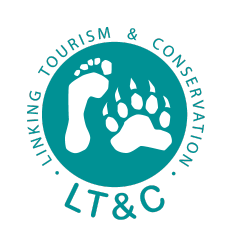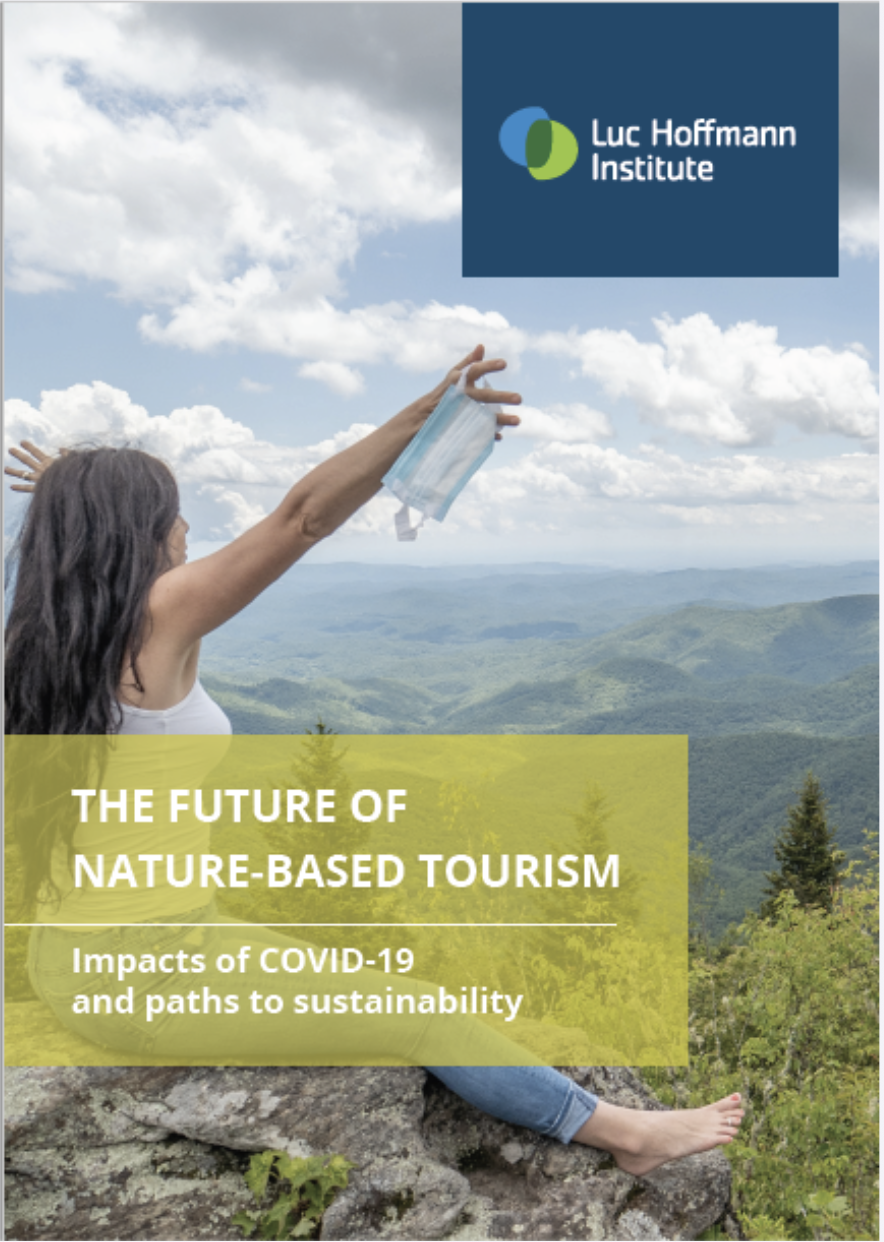COVID-19 has led to an abrupt halt in nature-based tourism around the world, marked by travel restrictions, lockdowns and closures of protected areas. Unfortunately, when tourism stops, so too do the benefits of conservation, both for wildlife and local communities alike.
A new report by the Luc Hoffmann Institute – The Future of Nature-Based Tourism: Impacts of COVID-19 and paths to sustainability – outlines the challenges facing the nature-based tourism sector and offers recommendations for future resilience and sustainability. The author, Dr Anna Spenceley, is a leading authority in sustainable and responsible tourism with a focus on biodiversity conservation and protected areas, particularly in Africa.
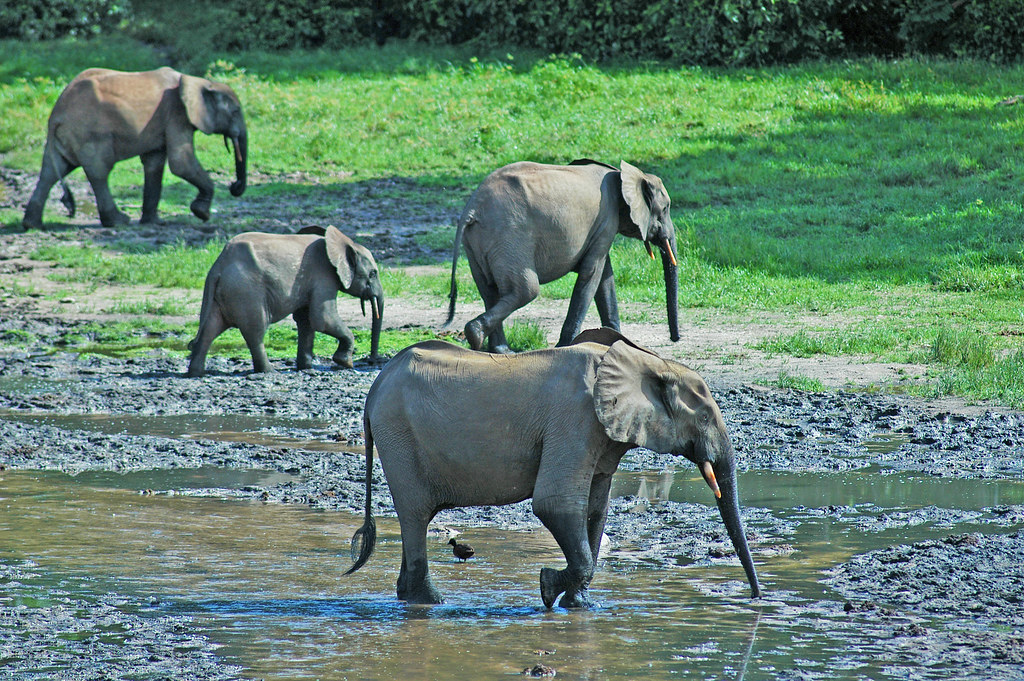
While there have been some positive impacts from the global pause in tourism – such as a decrease in overtourism at popular destination sites, allowing wildlife the space to recover – it has also seen local livelihoods, many of which depend entirely on nature-based tourism, decimated and declines in revenues that go towards conservation efforts.
An EU survey cited in the report found that 543 tourism operators working in African protected areas collectively employed 48,000 people, of whom more than half were recruited locally. On average, 65% of local staff members were on reduced wages and hours because of the pandemic, and more than half have put some (or all) of their local employees on leave without pay since February 2020. An estimated 94% of local employees would be affected by being on reduced wages, unpaid leave, being made redundant or unemployed if the crisis continues.
The report offers examples of some pathways to sustainable recovery, such as virtual tours and creating new tourism products with lower rates for domestic visitors. Technical and financial assistance are also being made available in the form of grants, crowdsourcing, and investment and facilitation platforms. An African-led collaborative platform, incubated by the Luc Hoffmann Institute in 2020, for example, is being developed by WWF to increase existing fundraising efforts, connect funders with beneficiaries and build resilience within African wildlife communities, in response to COVID-19.
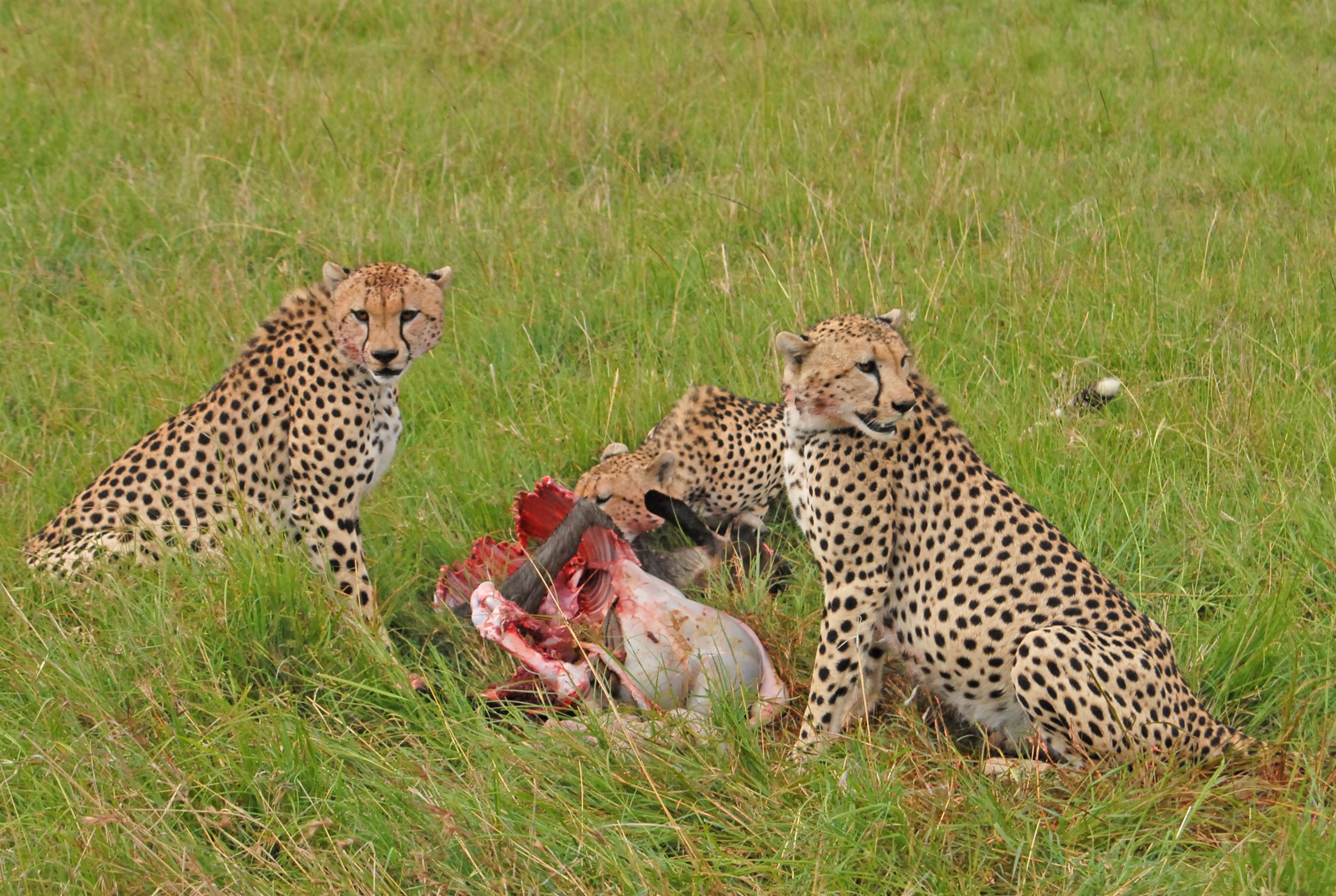
“The halt in tourism has been devastating for so many communities and conservation efforts, but the pause has also given people time to reassess priorities,” said Jon Hutton, WWF International Global Conservation Director and former Director of the Luc Hoffmann Institute. “Systems analysis is crucial for change, and research like this highlights the institute’s work in accelerating innovation and catalysing new approaches. It shows there is hope and a path toward recovery through diversification, resilience and sustainability.”
The research also emphasises the urgency of diversifying community livelihoods and conservation funding beyond a sole reliance on tourism. Since 2019, the Luc Hoffmann Institute has been working to address this need through Beyond Tourism in Africa, an innovation challenge held in partnership with the African Leadership University’s School of Wildlife Conservation and WWF-Africa. The challenge sought innovative ideas for how communities could diversify their incomes beyond tourism revenue. Fifteen winners were selected, with ideas ranging from live, virtual nature classrooms to rewilding initiatives, forest carbon payment systems and more.
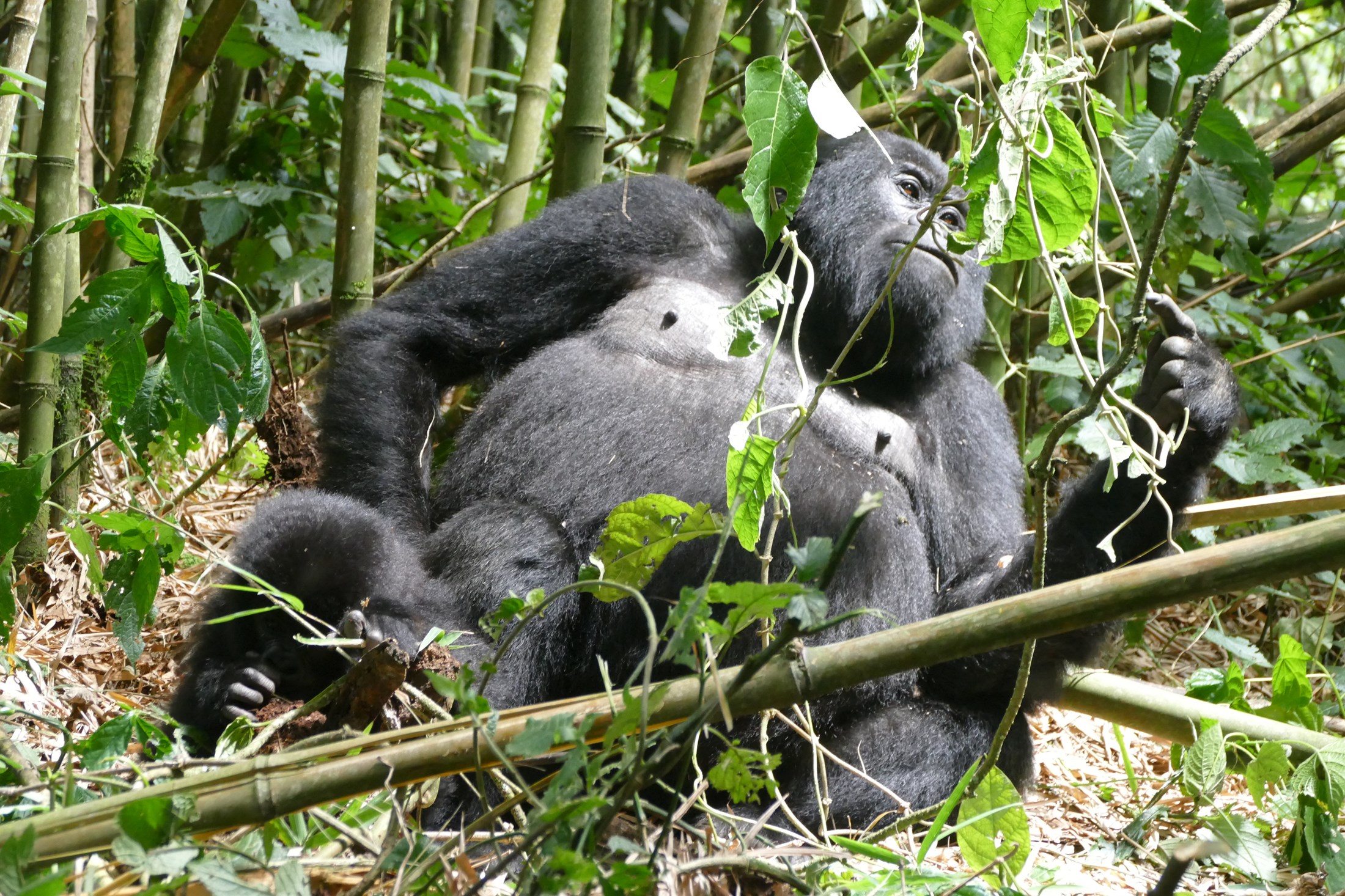
“Assessing and understanding what actually happens when we experience shocks in our current systems is a key step to accelerating sustainable futures.”
“COVID-19 has forced us all to stop and reflect on how our world fundamentally works and for whom, and to consider alternate and better pathways. This report, and its research, open a door to discussion and new perspectives, which in turn can lead to systemic change and, eventually, a world in which all life on Earth can thrive together,” said Melanie Ryan, Director of the Luc Hoffmann Institute.
To learn more about the Luc Hoffmann Institute’s work on nature-based tourism and its incubation of the collaborative platform now being developed by WWF, please visit Securing the Future of Nature-based Tourism in Africa.
